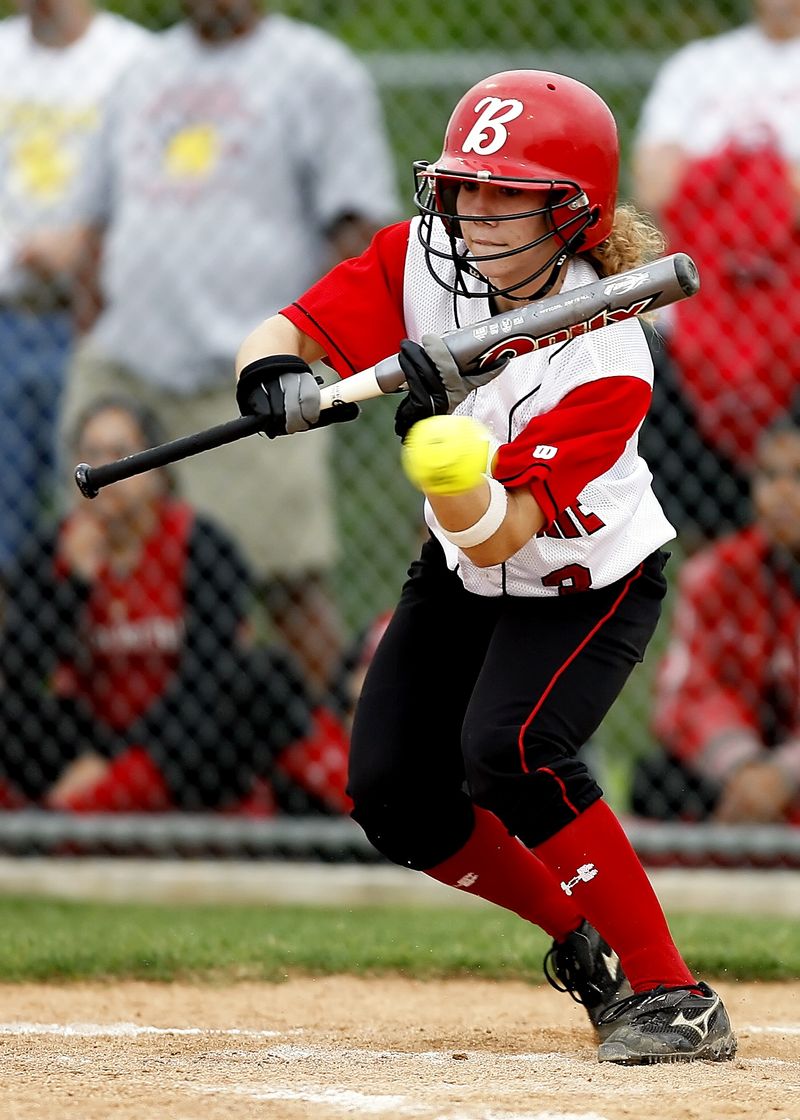Eduardo Rodriguez Trade: Veto by the Dodgers
Introduction
In a stunning turn of events, the highly anticipated trade between the Boston Red Sox and the Los Angeles Dodgers that would have sent star pitcher Eduardo Rodriguez to the West Coast has been vetoed. With both teams seemingly in agreement on the terms of the deal, the sudden intervention to halt the trade raises several questions about the intricacies of trade negotiations and the power dynamics at play in professional baseball. This unexpected twist not only has immediate repercussions for the teams involved but also highlights the broader philosophical dilemmas surrounding player transfers and the autonomy of teams in shaping their rosters.
The Veto and its Implications
The decision to veto the trade comes as a shock, especially considering the significance of Eduardo Rodriguez in the Red Sox’s pitching rotation. Known for his durability and consistency, Rodriguez has been a vital component of the team’s success in recent years. The Dodgers were reportedly eager to bolster their pitching staff by acquiring Rodriguez, which would have undoubtedly given them an edge in their pursuit of a championship. However, the reasons behind the veto remain mysterious as neither team has disclosed the specifics of what caused this unexpected change of heart.
The veto of the trade raises several concerns about the power dynamics at play in baseball. While teams often engage in negotiations with the aim of improving their respective rosters, it is uncommon for a trade to be vetoed once terms have been agreed upon. This incident sheds light on the inherent nature of the trade process, highlighting the level of control teams possess over the destiny of their players.
The Philosophy of Trades
Trades in professional sports are a delicate balancing act. On one hand, teams aim to make moves that will enhance their chances of success, whether in the short or long term. On the other hand, they must consider the connections players have developed within the organization, both on and off the field. These relationships can be pivotal in creating team chemistry and a winning culture. The veto of the Rodriguez trade forces us to question the role of team loyalty and the complexities involved in balancing the interests of individual players, teams, and ultimately the sport as a whole.
Player Agency and Autonomy
The Rodriguez trade veto also brings to the forefront the issue of player agency and autonomy. While fans often view players as commodities that can be easily traded, these men are individuals with their own aspirations and preferences. They form bonds with their teammates and have a sense of belonging to a specific organization. Vetoing a trade disrupts the delicate balance of player agency and raises questions about how much control players should have over their own careers.
It is crucial to recognize that players are not mere pawns in the game but active participants who drive the league’s success. By vetoing a trade, teams not only affect the players involved but also their families and their overall trajectory in the sport. The power dynamics between teams and players need to be properly examined to strike a balance that respects their agency without impeding the teams’ ability to construct competitive rosters.
Editorial
The veto of the Eduardo Rodriguez trade serves as a stark reminder of the complexities and ethical quandaries in professional baseball. While trades are a necessary part of the sport to maintain competitive balance and ensure the viability of teams, it is vital to approach them with sensitivity and respect for the individuals involved. Transparency in trade negotiations and more clarity surrounding the veto process would help mitigate confusion and ensure fairness.
Furthermore, it is worth considering whether players should have a more active role in the decision-making process when it comes to trades. While contracts play a significant role in determining a player’s destination, granting players the ability to have more control over their careers could lead to greater overall satisfaction and a more stable league. Strikes a balance between player agency and team autonomy remains crucial, but finding ways to empower players without sacrificing the competitiveness of the game should be a priority.
Conclusion
The unexpected veto of the Eduardo Rodriguez trade between the Boston Red Sox and the Los Angeles Dodgers raises important philosophical questions about player autonomy and team control in professional baseball. While the specific reasons behind the veto remain unknown, the incident serves as a reminder that trades are multi-faceted decisions that impact the lives and livelihoods of individual players. As the league moves forward, it must establish fair and transparent guidelines that strike the delicate balance between player agency and team autonomy, ensuring the integrity of the game and the satisfaction of all parties involved.

<< photo by Pixabay >>
The image is for illustrative purposes only and does not depict the actual situation.
You might want to read !
- The Teenage Mutant Ninja Turtles Return with a Perfect Blast from the Past
- Does Tigers’ Eduardo Rodriguez’s Use of No-Trade Clause Spark Controversy at Deadline?
- The Power and Influence of No-Trade Clauses in Major League Baseball
- Breaking Down Nolan Arenado’s Uncertain Future: “I Haven’t Been Asked” about Waiving No-Trade Clause
- Exploring the Phillies’ Latest Acquisition: All-Star RHP Lorenzen from Tigers




